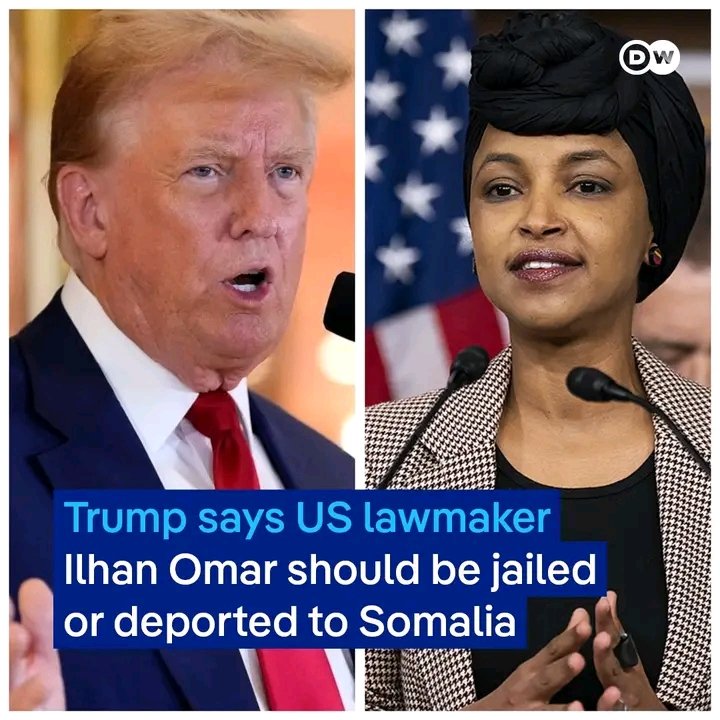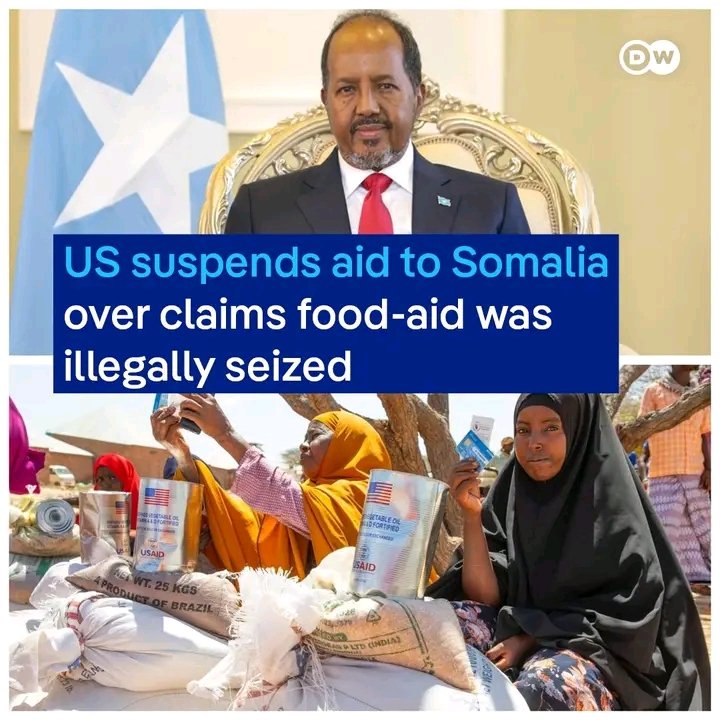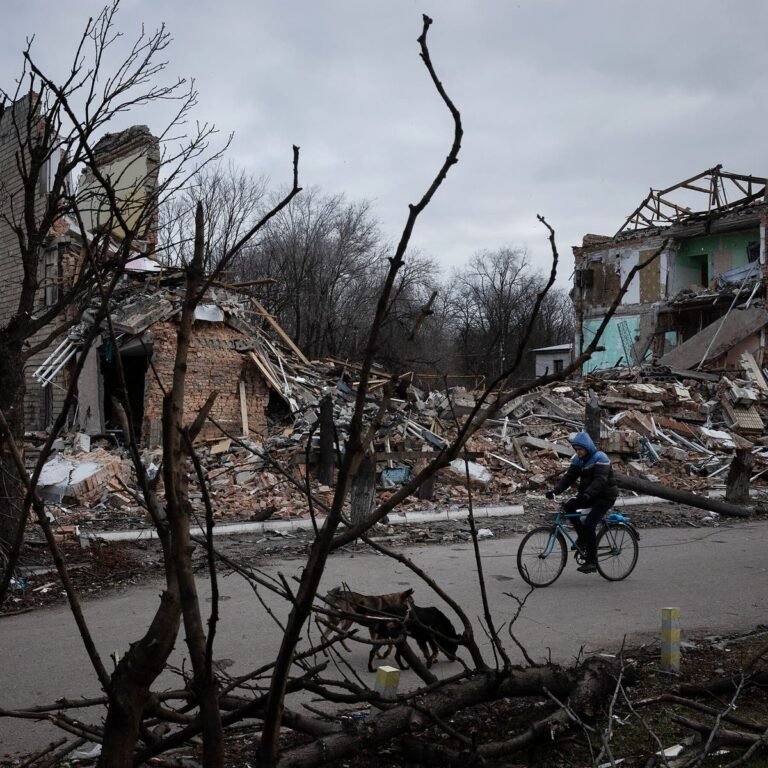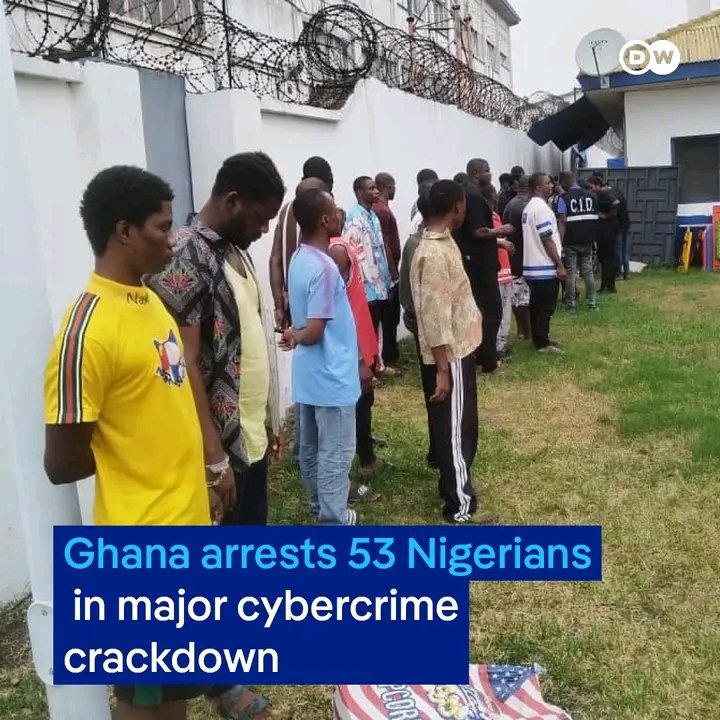
WASHINGTON, D.C. – August 9, 2025 – In a significant escalation of U.S. efforts to combat drug trafficking and violence, President Donald Trump has signed a directive authorizing the Department of War (commonly referred to historically, though now formally the Department of Defense) to utilize elite U.S. Special Operations Forces against designated Narco-Terrorist Cartels operating throughout Mexico and Central America.
The directive, described by sources as a presidential memorandum, explicitly targets all cartels and transnational criminal gangs previously designated as Foreign Terrorist Organizations (FTOs) by the Trump Administration during his current term. This designation, applied to groups like the Sinaloa Cartel, Jalisco New Generation Cartel (CJNG), and others, formally categorizes them as terrorist entities, providing a different legal and operational framework for U.S. military action compared to traditional law enforcement cooperation.
Key Elements of the Directive:
- Authorization of Force: Grants explicit authority for U.S. Special Forces (such as Army Delta Force, Navy SEALs, Marine Raiders) to conduct direct operations against the designated cartel targets.
- Geographic Scope: Applies throughout Mexico and Central American nations, indicating a broad theater of operations.
- Target Designation: Actions are authorized specifically against cartels and gangs holding the FTO designation.
- Lead Agency: Tasks the Department of War (Defense) with primary operational responsibility, moving beyond the traditional lead of law enforcement agencies like the DEA or diplomatic channels.
Unprecedented Move, Major Implications:
This directive represents a potential paradigm shift in U.S. policy towards cartel violence. While the U.S. has provided extensive intelligence, training, and equipment to Mexican and Central American security forces for decades under programs like the Mérida Initiative, the direct authorization of U.S. combat forces for ground operations within the territory of these sovereign nations is unprecedented in the modern era.
Potential Reactions and Challenges:
- Sovereignty Concerns: The move is certain to provoke a strong reaction from the Mexican government, which has historically vehemently opposed any deployment of U.S. military forces on its soil, viewing it as a violation of national sovereignty. Central American nations are also likely to express significant reservations.
- Legal and Diplomatic Complexities: Operating militarily in allied countries without their explicit consent presents major diplomatic and legal hurdles. The specifics of how operations would be coordinated (or if they would be unilateral) remain unclear.
- Escalation Risk: Direct U.S. military engagement against powerful, well-armed cartels carries significant risks of escalating violence, potential civilian casualties, and retaliation against U.S. interests or citizens in the region.
- Logistics and Scope: The vast territories controlled by cartels present immense logistical challenges for any sustained military campaign.
Administration Justification:
The Trump Administration has consistently framed the violence, drug trafficking, and human smuggling perpetrated by these cartels as a direct national security threat to the United States. The FTO designations laid the groundwork for this move, arguing that these groups meet the criteria of terrorist organizations due to their tactics, destabilizing influence, and direct attacks (including the use of explosives, assassinations of officials, and mass violence). The directive likely cites the need for decisive military action to “degrade and dismantle” these terroristic networks.
Next Steps and Uncertainty:
Details regarding the specific timeline, scale, rules of engagement, or nature of the initial operations authorized by the directive have not been publicly released. Coordination (or lack thereof) with Mexican and Central American governments will be a critical factor determining the operational feasibility and diplomatic fallout.
The White House and the Department of Defense are expected to provide further briefings in the coming hours. This development marks a highly volatile and potentially transformative moment in U.S. security policy and inter-American relations.









